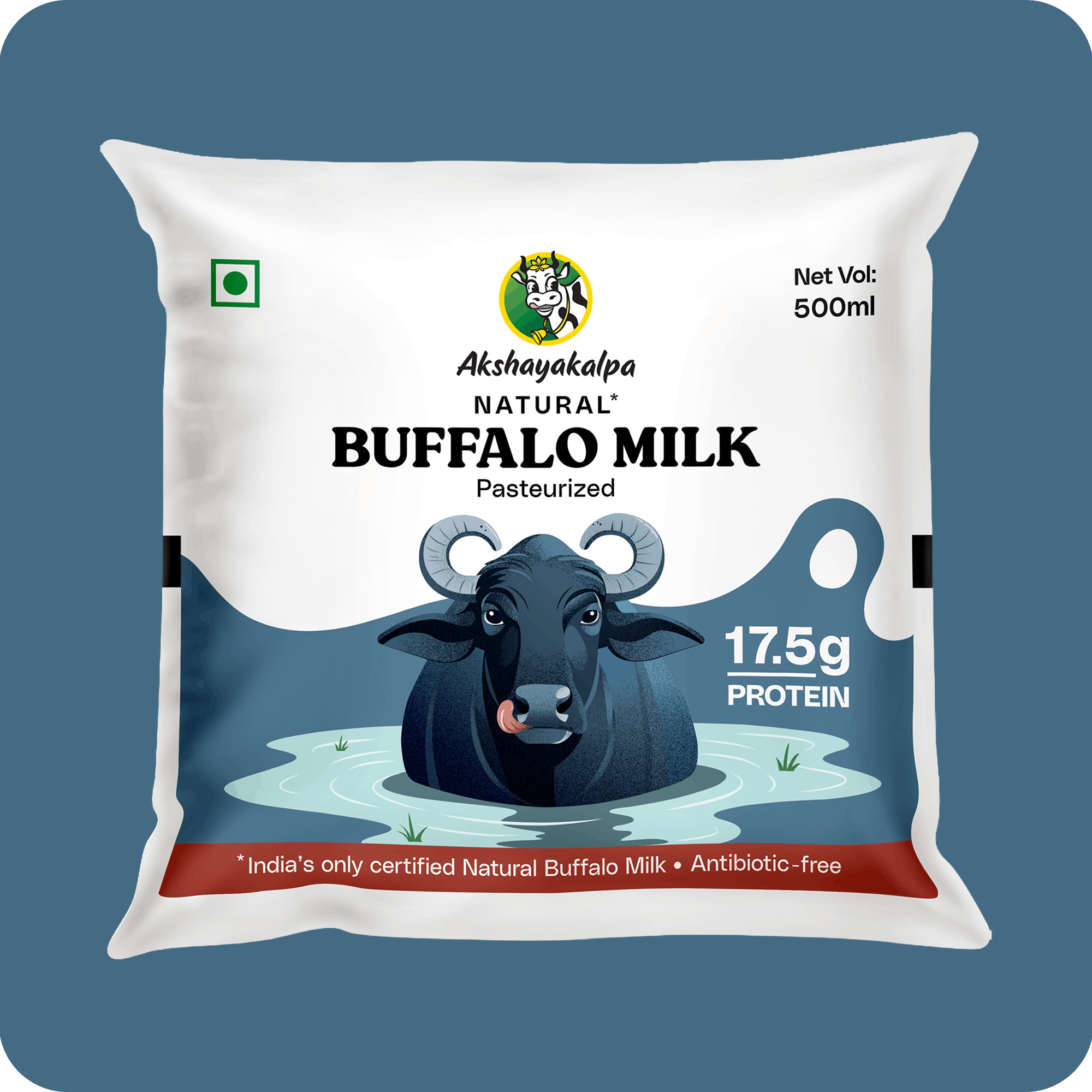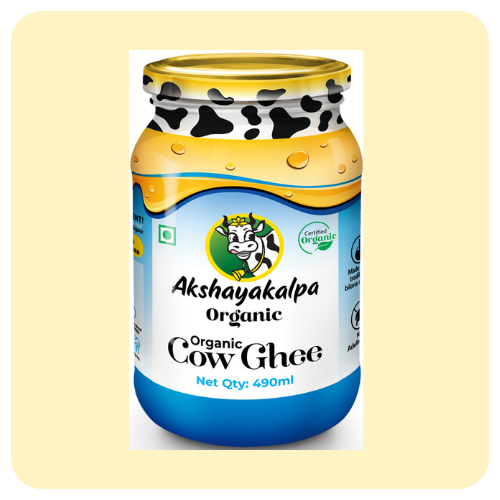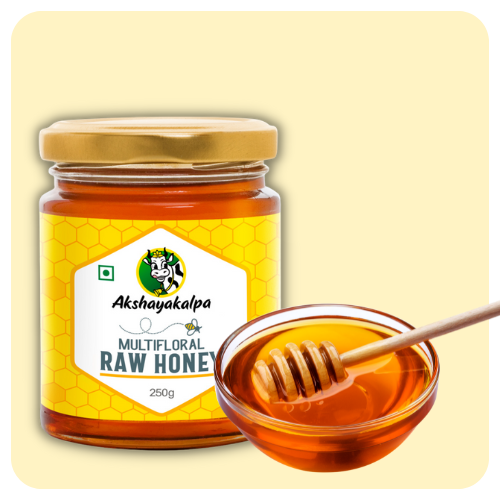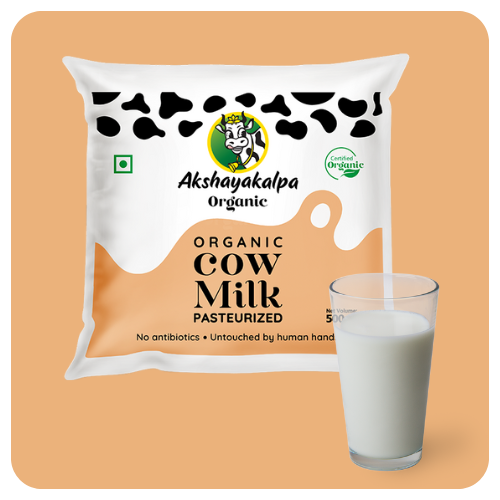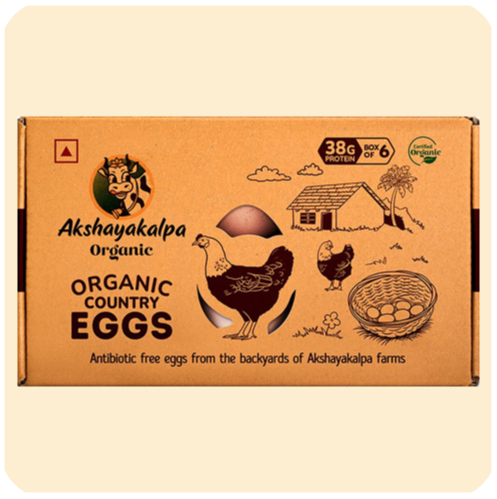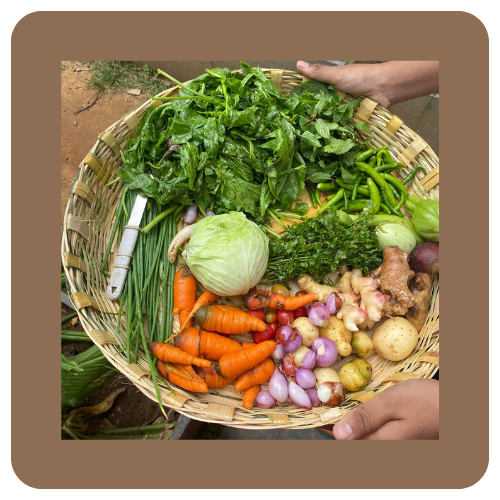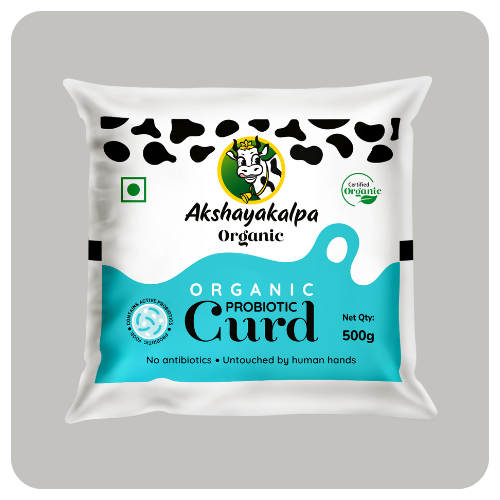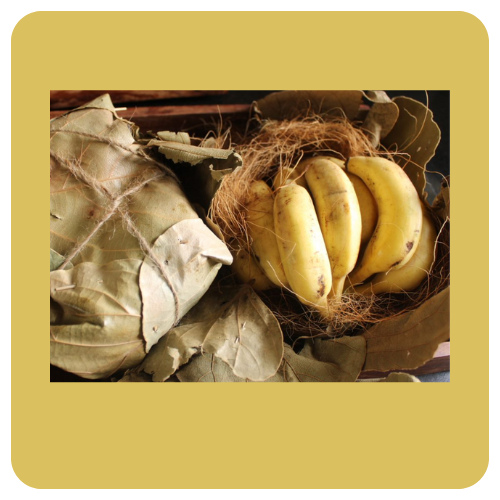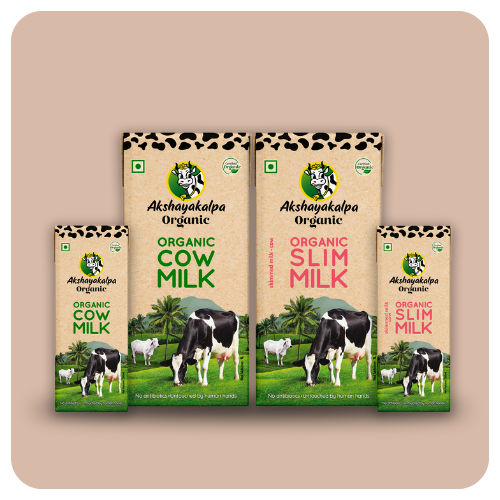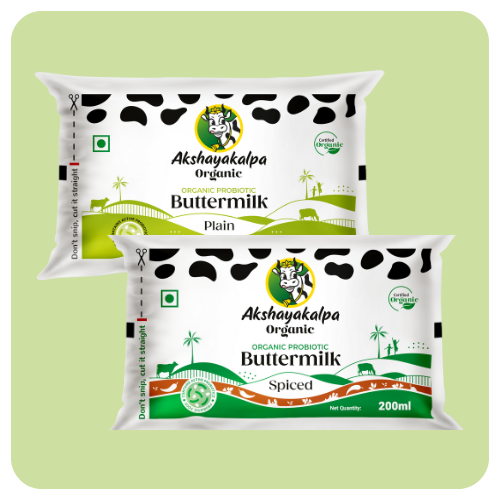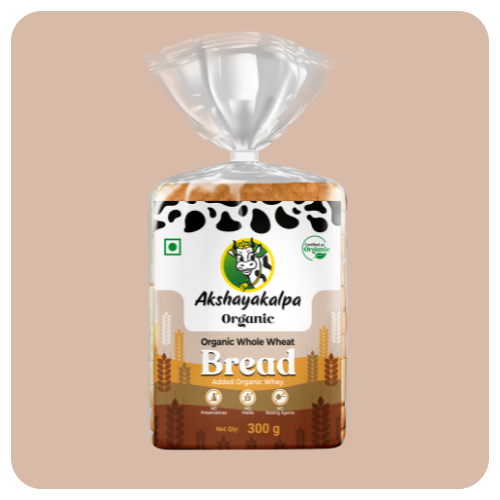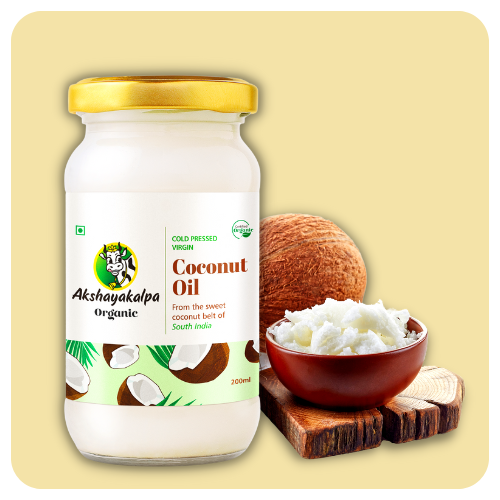How can consumers support farming? Why bother?
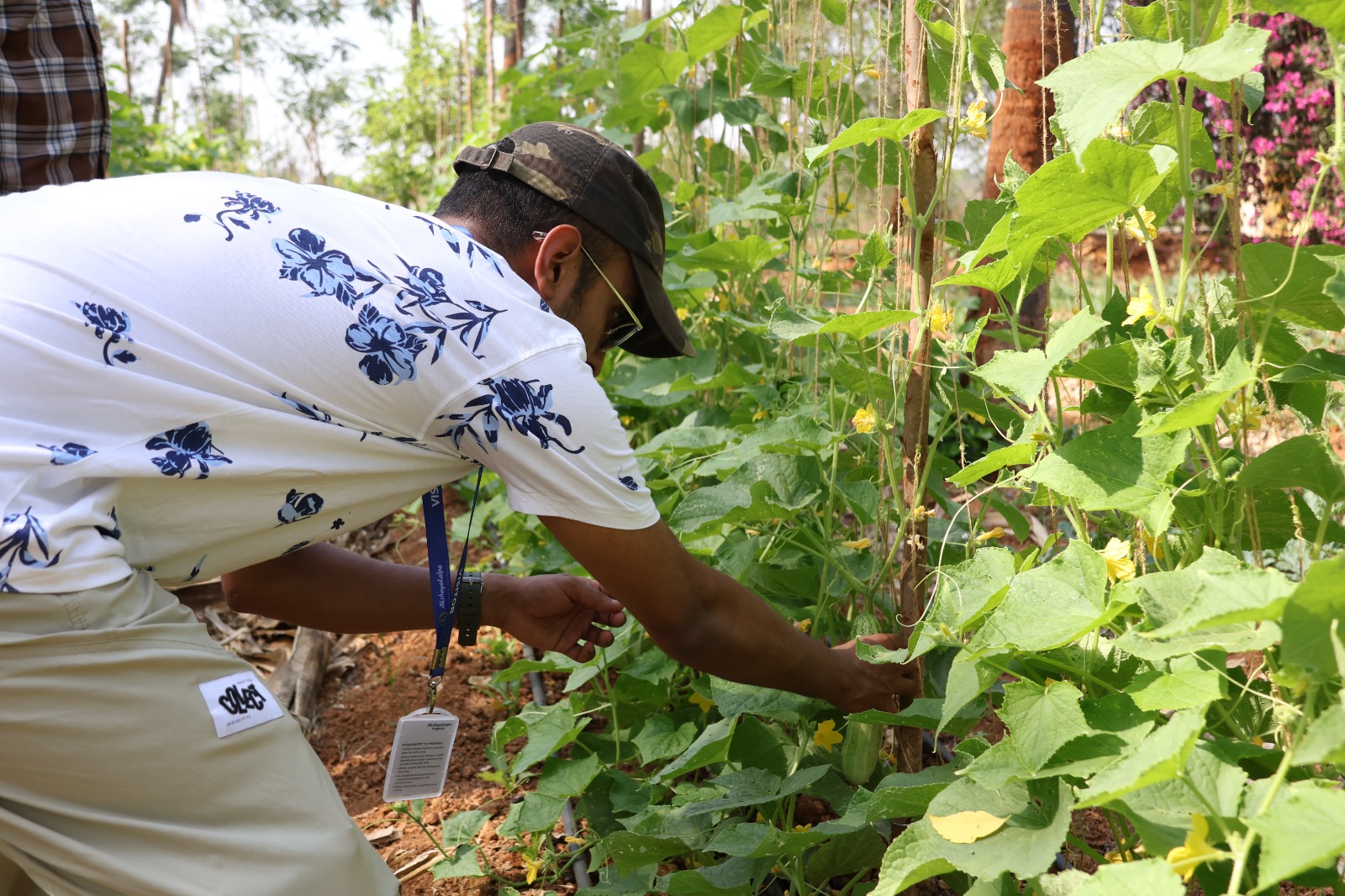
“I believe that a revolution can begin from this one strand of straw”
Masanobu Fukuoaka, One Straw Revolution
Why should I care about farming?
Farming, in recent times, has been falling out of favor. The public expenditure on farming has shrunken in recent years. The amount of fallow land and barren fields are rising due to the youth of the country rejecting farming as a viable option and moving to urban cities seeking better fortunes. From 1970 where the contribution of agriculture was 3/4th in the economy to less than a third in 2015, there has been little incentive for farmers to continue farming.
Extremely few youths graduating from agricultural universities incline towards farming and agriculture as career prospects.
The average age of farmers in 2016 was about 50 years, and it is unlikely that it will go down which means that the younger generations are moving away from farming.
It is hard to blame them. Farming is not easy. It requires hours of toiling under the beating sun performing backbreaking tasks, sustaining heavy risks: taking out loans, defaulting on loans, hiring labor, paying for the labor, watering the crops and withstanding the heartbreak and financial ruin wrought by crop failure due to a lack of rainfall, or even too much rainfall. And that’s just the tip of the iceberg, excluding the minutiae of farming which involves various other smaller tasks, which end up taking a huge toll on the farmer’s life for marginal returns.
Conventional farming practices are riddled with problematic presuppositions and even existing farmers who pursue it as a livelihood still live under the shadow of the Green Revolution and inevitably end up using chemical fertilizers and modified seeds to accelerate yield and growth.
With the publication of Rachel Carson’s revolutionary book Silent Spring, the Western public came to see the toxicity that had seeped its way into conventional farming practices from the onset of the Green Revolution with its reliance on pesticides and chemicals, who’s impact could not be underestimated.
In response to this commercialization of farming, Masanobu Fukuoka, a Japanese plant pathologist turned farmer/philosopher, created an experimental biome in his farm on Shikoku island. The experiments, to put it bluntly, consisted of throwing seeds and watching them grow over time. He called this the “do-nothing” method of farming and linked it to an ontology of [1 ] [2] nature which always maintained equanimity; man found himself alienated from nature due to an increasingly industrialized and globalized world. Man creates a rupture in nature to suit his ends of profit and efficiency, which Fukuoka sought to combat both in theory and praxis through his do-nothing method. Akshayakalpa Organic synthesizes the methods of Fukuoka and modern science to free farmers from the drudgery they face and to create healthier, fresher produce through sustainable and environmentally conscious methods.
Farmers are the backbone of our banks, and ultimately of our bellies. The milk that you use for your morning coffee has arrived at your house through a complicated supply chain involving a staggering amount of variables. It requires the synchronization of innumerable forces to get to where it is supposed to be. The farmer needs to acquire cows and maintain them regularly over time, undergoing heavy financial burdens in case of ill health of the cows, followed by milking and depositing the milk into a local dairy where the milk is mixed with that of other farmers. This is an arduous process which undermines the farmer rather than rewarding her. It also creates products which are unhealthy. Akshayakalpa Organic synthesizes the methods of Fukuoka and modern science to free farmers from the drudgery they face and to create healthier, fresher produce through sustainable and environmentally conscious methods.
This is why you should support farming: For your own health, and the health of society as a whole which existentially depends on farming.
How can I support farming?
At Akshayakalpa Organic, we aim to integrate the production and consumption process in a holistic way, enabling both the farmer and the consumer to have a mutually beneficial relationship. The customer is able to enjoy the finest and healthiest quality of organic products while contributing towards a farmer’s livelihood.
Eating healthy and cutting out foods in your diet which are not locally sourced will not only enrich your life but also the lives of local farmers. Akshayakalpa’s smallholder farmer entrepreneurship model enables you to benefit from fresh, local produce while simultaneously fuelling a farmer’s life.
In an analysis of global food systemsresearchers emphasized the role that smallholder farmers play in alleviating rural poverty and the contribution they make to food security.
The focus of Akshayakalpa Organic are smallholder farmers owning 3-5 acres of land, to whom we provide end-to-end extension services such as veterinary care, counseling, equipment and other resources which are crucial to supporting the farmers.
The easiest way you can support farming is to buy Akshayakalpa Organic products. We create value for farmers through our patrons. Akshayakalpa as an intermediary acts to reduce farmers’ drudgery, who are compensated everyday instead of a bi-weekly/monthly settlement system that is traditionally followed. This allows farmers to have a tangible and more immediate relationship to their produce and profit. On average, an Akshayakalpa farmer earns Rs. 1,00,000 every single month.
Akshayakalpa’s stringent ethical framework and management from the farm-level to the labs where the products are rigorously tested for adulterants, raises our production costs exponentially, which is one of the reasons why you see our products priced significantly higher than other brands.
The average farmer in India earned less than Rs. 10,500 from June 2018-July 2019. Compared to this, Akshayakalpa Organic enables a tenfold increase.
Akshayakalpa’s goals are in line with Ceres2030’s – a consortium dedicated to researching agricultural initiatives which can transform the lives of farmers while remaining sustainable – findings that smallholder farmers, when provided with extension services such as the ones Akshayakalpa Organic offers, readily accept innovations. The consortium’s examination of research surrounding agriculture could not find solutions for smallholder farmers; many studies were purely academic and excluded farmers altogether. Conversely, Akshayakalpa Organic follows a grass-roots level approach by providing a solid feedback loop tailored to each farmer’s need by directly engaging with farmers on the field.
We have Farm Visit programs in Bangalore and Chennai which you can avail. These visits are structured programmes allowing you to have a first-hand experience of farming and of Akshayakalpa’s holistic approach towards organic living. These visits will help you gain insight into the rich, interconnected dynamics of cows, farmers,and the environment that surrounds your food. Food waste is also something we take very seriously. At every step, we aim to minimize food waste. This is something you will get a sampling of in the Farm Visit programme. [3] [4]
References:
https://pib.gov.in/PressReleasePage.aspx?PRID=1884228
https://link.springer.com/article/10.1007/s12571-021-01184-6
https://www.deccanherald.com/opinion/panorama/agriculture-doesn-t-get-its-due-in-budget-1192967.html
